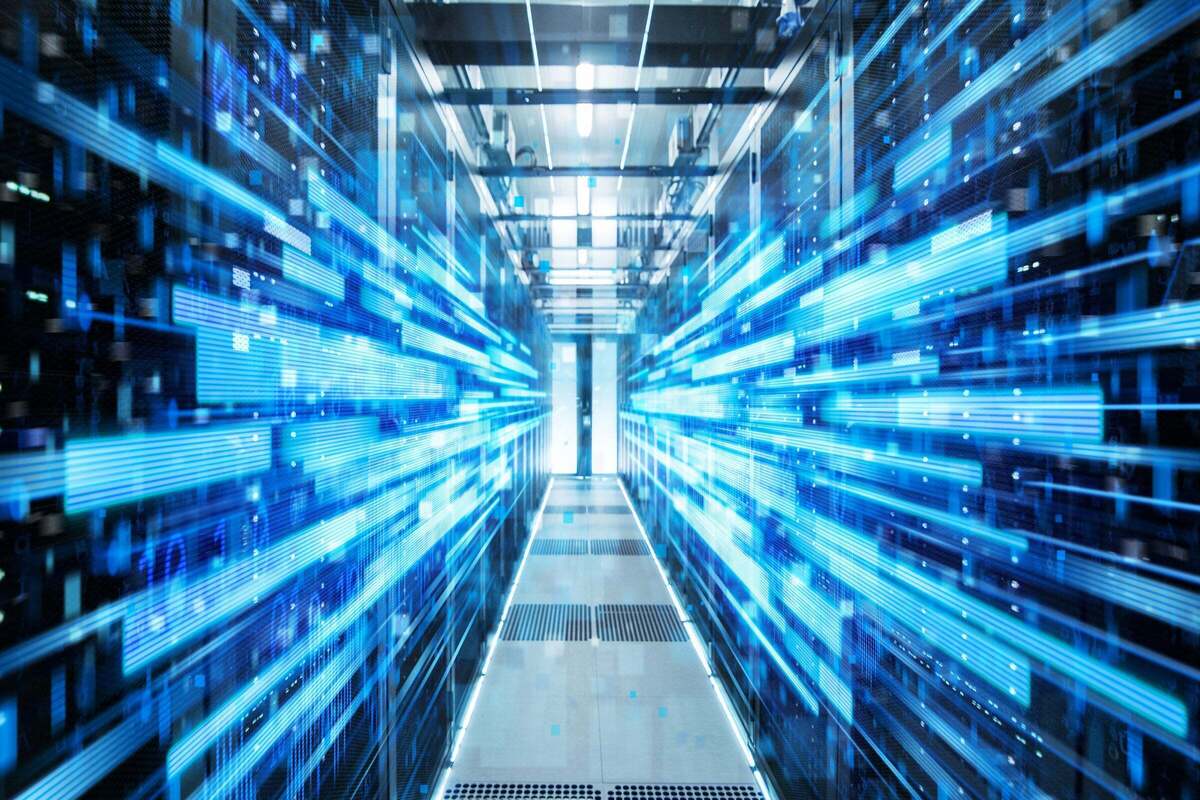
A job posting from Microsoft, for a qualified nuclear technology program manager, indicates that the company is planning to integrate small nuclear reactors into its power systems for data centers.
The software giant is already working with at least one third-party nuclear energy provider in an effort to reduce its carbon footprint. The ad, though, signals an effort to make nuclear energy an important part of its energy strategy.
The posting said that the new nuclear expert “will maintain a clear and adaptable roadmap for the technology’s integration,” and have “experience in the energy industry and a deep understanding of nuclear technologies and regulatory affairs.”
Microsoft has made no public statement on the specific goals of its nuclear energy program, but the obvious possibility — particularly in the wake of its third-party nuclear enegry deal — is a concern for environmental issues. Although nuclear power has long been plagued by serious concerns about its safety and role in nuclear weapons proliferation, the rapidly worsening climate situation makes it a comparatively attractive alternative to fossil fuels, given the relatively large amount of energy it that can be generated without producing atmospheric emissions.
0 of 25 minutes, 1 secondVolume 0%
The job posting specified that Microsoft is looking for someone familiar with Small Modular Reactors, or SMRs. These are, as the name suggests, much smaller reactors than the facility-scale nuclear power plants of the public imagination, which can nevertheless generate substantial amounts of power — one such reactor, which recently became the first certified for use in the US by the Nuclear Regulatory Commission, generates about 50MW of power from a light-water design, requiring a facility about a third of the size of a standard power plant. (Light-water reactors, which use normal water instead of deuterium-rich heavy water, account for the vast majority of modern nuclear power plants, as they are generally thought to be easier to build and they do not generate excess fissile material, as some older designs do.)
Microreactors are also mentioned in Microsoft’s advertising. These, naturally enough, are even smaller designs, potentially capable of being used in mobile applications, producing between 1MW and 20MW of power. The technology for microreactors, however, is still in the fairly early stages of development, with NASA working to build small powerplants for potential use in space, and civilian applications still in the research and testing phase.
Microsoft has already moved to embrace nuclear power, signing a deal in June with Virginia-based nuclear plant operator Constellation Energy to power a data center in that area, with the aim of making that data center’s power source carbon free.